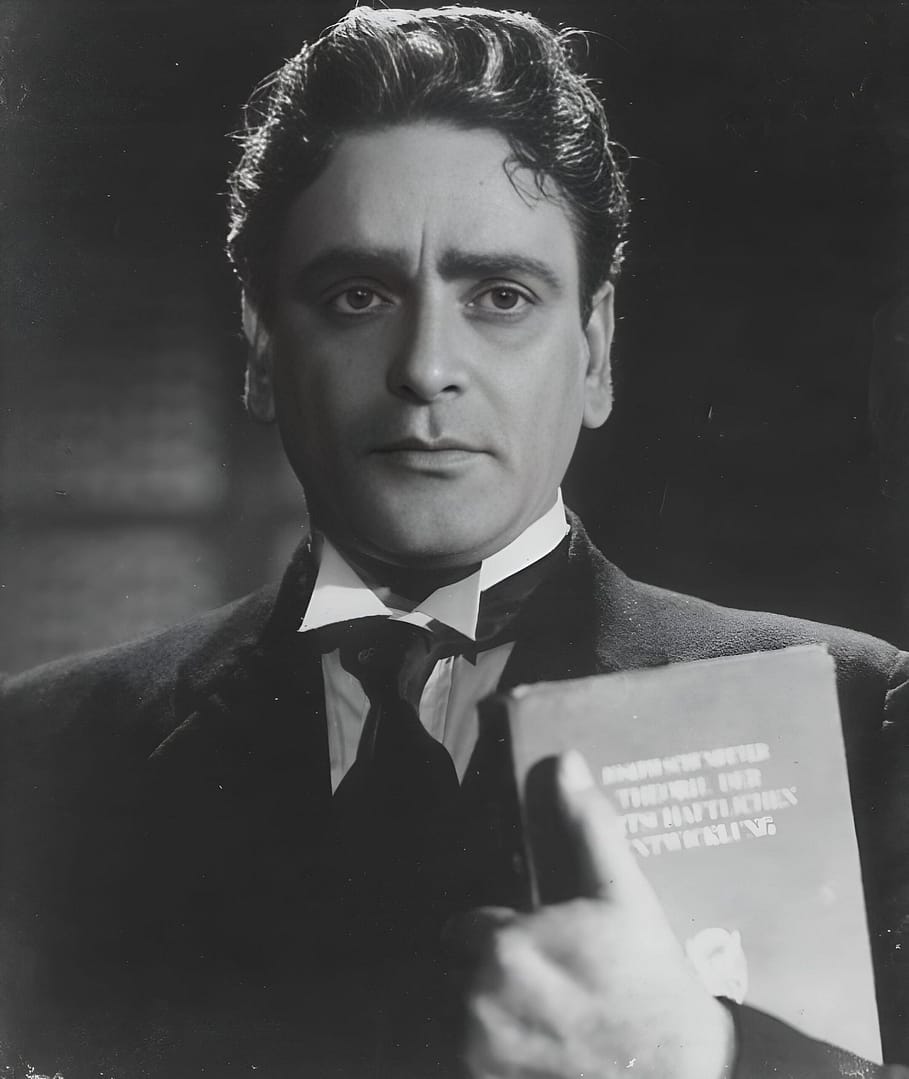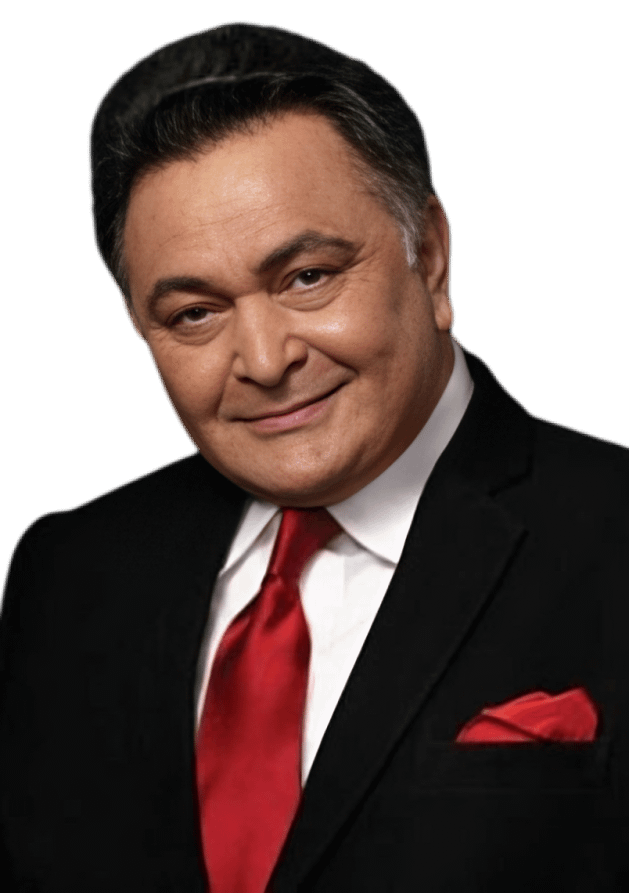
Prithviraj Kapoor Early Life and Background.
Prithviraj Kapoor, one of the most illustrious names in the annals of Indian theatre and cinema, was born on November 3, 1906, in Samundri, a town in the present-day Punjab province of Pakistan (then part of British India). He belonged to a respectable and educated Punjabi Hindu family. His father, Basheshwarnath Kapoor, was a police officer in the British Indian administration, and his family had a legacy of government service and education.
From an early age, Prithviraj exhibited a strong interest in the arts, especially theatre, which was uncommon in middle-class Indian households during that era. He was deeply influenced by the classical epics, religious stories, and traveling theatre troupes that visited his region. After completing his primary education in Lyallpur and Lahore, he enrolled in Edwardes College in Peshawar, where he pursued higher studies and began participating in college plays. His performances caught attention, and his passion for acting became undeniable.
Early Career and Journey to Bombay
In the 1920s, when acting was not considered a respectable profession, Kapoor defied societal expectations and moved to Bombay (now Mumbai) in 1928 with dreams of making it big in films. With only a few rupees in hand, his initial days were a struggle. He started working as an extra in silent films, one of his earliest being Be Dhari Talwar (1929). At the time, the Indian film industry was transitioning from silent films to talkies, and Kapoor’s strong command over language and stage presence helped him stand out.
Rise to Prominence in Indian Cinema
Prithviraj Kapoor’s breakthrough came with the advent of talkies. His commanding voice and majestic personality made him a natural fit for grand historical and mythological roles. In 1931, he starred in Alam Ara, India’s first sound film, though not in a lead role. His significant fame, however, came with films like:
- Sikandar (1941), where he portrayed Alexander the Great opposite Sohrab Modi’s Porus, a performance that established him as a giant in historical roles.
- Vidyapati (1937)
- Dharti Ke Lal (1946)
- Mughal-e-Azam (1960), where he played the role of Emperor Akbar, a role etched in the history of Indian cinema for its grandeur and emotional depth.
His portrayal of Akbar remains one of the most iconic performances in Bollywood history. Kapoor brought dignity and intensity to the role, complementing the equally powerful performances of Dilip Kumar and Madhubala.
Pioneer of Indian Theatre: Prithvi Theatres
While Prithviraj Kapoor had achieved considerable fame in films, his first love remained theatre. In 1944, he founded Prithvi Theatres, a travelling troupe that aimed to bring meaningful and socially relevant plays to the masses. At a time when commercial cinema was becoming the dominant form of entertainment, Kapoor’s dedication to theatre was a revolutionary act.
Prithvi Theatres staged over 2,600 performances across the country in its active years. The plays were often socially conscious, tackling issues like communal harmony, patriotism, poverty, and social injustice. Some of the famous productions included:
- Shakuntala
- Deewar
- Gaddar
- Pathan
- Ghaddar (which he also adapted and directed)
Kapoor believed that theatre was a tool for national awakening and social reform. His troupe often performed in makeshift tents, town halls, and open grounds, bringing art to places where formal theatre had never reached.
He worked closely with other theatre greats like Balraj Sahni, Zohra Sehgal, and Utpal Dutt, and mentored future luminaries, including his sons. His dedication to the theatre often involved personal sacrifice, as he spent much of his earnings from films to sustain Prithvi Theatres.
Contribution to Indian Independence and Nation-Building
Kapoor was not just an entertainer; he was a patriot and a socially aware artist. He used his art as a means to spread awareness about the Indian independence movement and national unity. His plays carried strong messages about self-reliance, communal harmony, and justice. During a time of great political upheaval, Kapoor’s Prithvi Theatres became a medium of mass education and cultural awakening.
He often collaborated with writers and poets associated with the Progressive Writers’ Movement, and supported artistic endeavors that aligned with the goals of a secular, democratic, and just society.
Family and Legacy
Prithviraj Kapoor was the patriarch of the Kapoor family, one of the most prominent dynasties in Indian cinema. He was married to Ramsarni Mehra Kapoor, and the couple had three sons:
- Raj Kapoor – Often hailed as the “Showman of Indian Cinema,” Raj Kapoor became a legendary filmmaker and actor, with iconic films like Awara, Shree 420, and Mera Naam Joker.
- Shammi Kapoor – Known for his energetic acting style and charisma, Shammi became the face of youthful romance in the 1960s with hits like Junglee and Teesri Manzil.
- Shashi Kapoor – The youngest son, Shashi became a celebrated actor and also revived Prithvi Theatre in Mumbai as a cultural institution in 1978.
The Kapoor family’s contribution to Indian cinema spans generations, including grandsons like Rishi Kapoor, Randhir Kapoor, and Kunal Kapoor, and continues with great-grandchildren like Ranbir Kapoor.
Later Years and Recognition
Despite his vast contributions, Prithviraj Kapoor remained a humble and dedicated artist. In his later years, he continued to act in selected films and support theatre. His contributions were officially recognized with several honors:
- Padma Bhushan in 1969 by the Government of India.
- Dadasaheb Phalke Award in 1971 – India’s highest award in cinema, given for lifetime achievement.
- In 1972, he became the first actor to be nominated to the Rajya Sabha, the upper house of the Indian Parliament, for his contribution to arts and culture.
Prithviraj Kapoor passed away on May 29, 1972, at the age of 65. His death marked the end of an era, but his influence continued to permeate the Indian arts.
The Prithvi Theatre Revival
In 1978, Shashi Kapoor and his wife Jennifer Kendal re-established Prithvi Theatre in Mumbai in honor of Prithviraj Kapoor’s dream. This modern theatre venue became a hub for experimental and mainstream theatre, encouraging new talent and keeping alive the legacy of one of India’s greatest thespian pioneers.
The Prithvi Theatre continues to host performances, workshops, and festivals, and is one of the most respected cultural institutions in India today.
Artistic Philosophy and Cultural Influence
Prithviraj Kapoor saw art as a vehicle for transformation and enlightenment. His commitment to the integration of art and life, especially through his travelling theatre troupe, made him not just an entertainer but a cultural reformer. He believed in the power of words, the magic of performance, and the responsibility of the artist toward society.
His work laid the foundation for modern Indian theatre and inspired generations to view acting and filmmaking as serious, respectable professions. He helped elevate the role of the actor from a performer to a cultural ambassador and social conscience.
Conclusion
Prithviraj Kapoor was not merely an actor or a theatre artist—he was a visionary who shaped Indian performing arts during a critical period in the nation’s history. Whether through his regal performances on screen or his passionate dialogues on stage, he left an indelible mark on Indian culture.
His legacy is carried forward not just through his descendants in Bollywood, but through every aspiring artist who believes in the power of theatre, storytelling, and social commitment. He was a pioneer, a patriot, a performer, and above all, a man of the people.
In the rich tapestry of Indian cinema and theatre, Prithviraj Kapoor remains a towering figure, his life and work a testament to the transformative power of art.




6 thoughts on “Prithviraj Kapoor: A Titan of Indian Theatre and Cinema.”